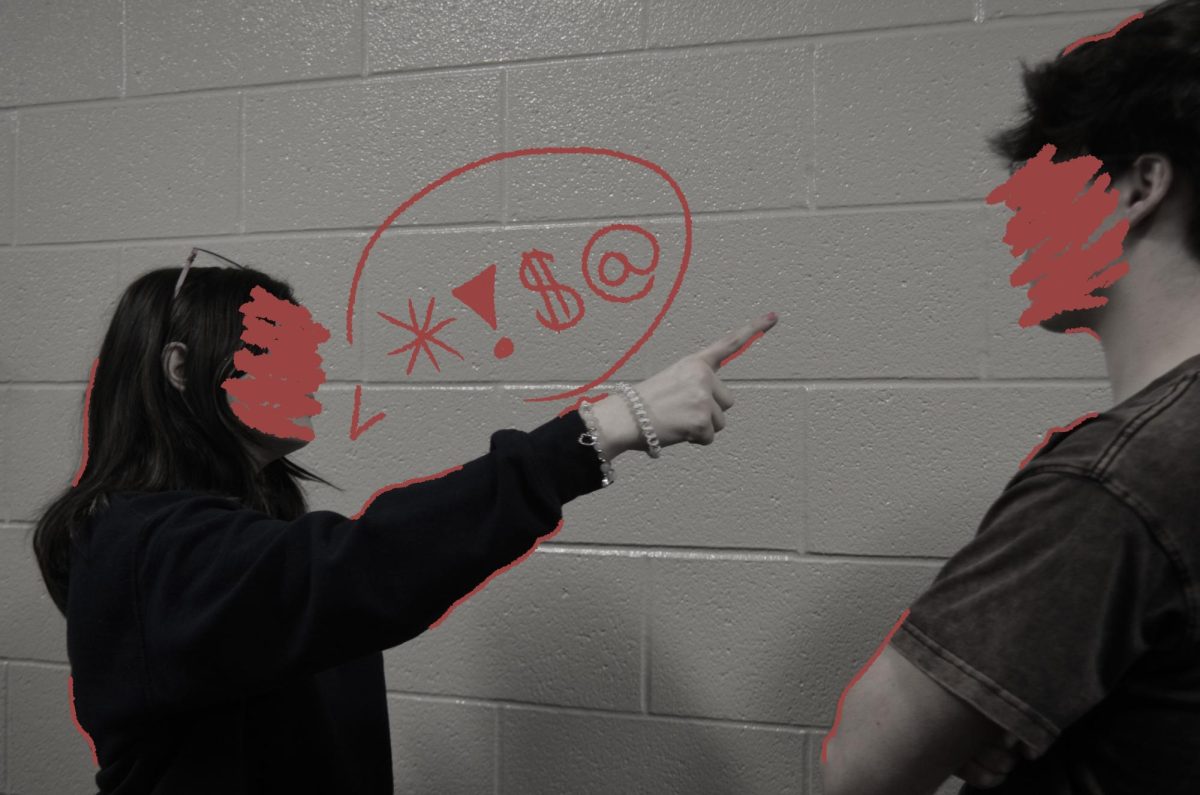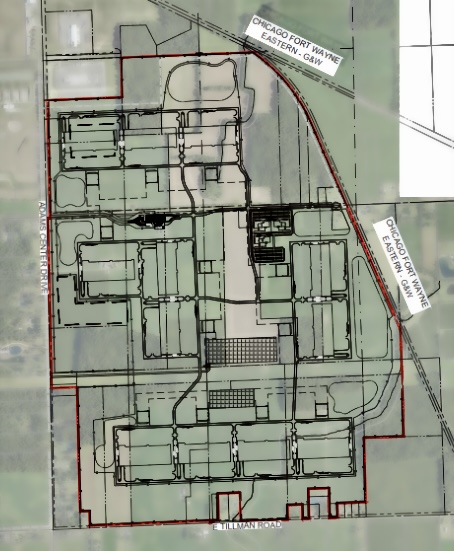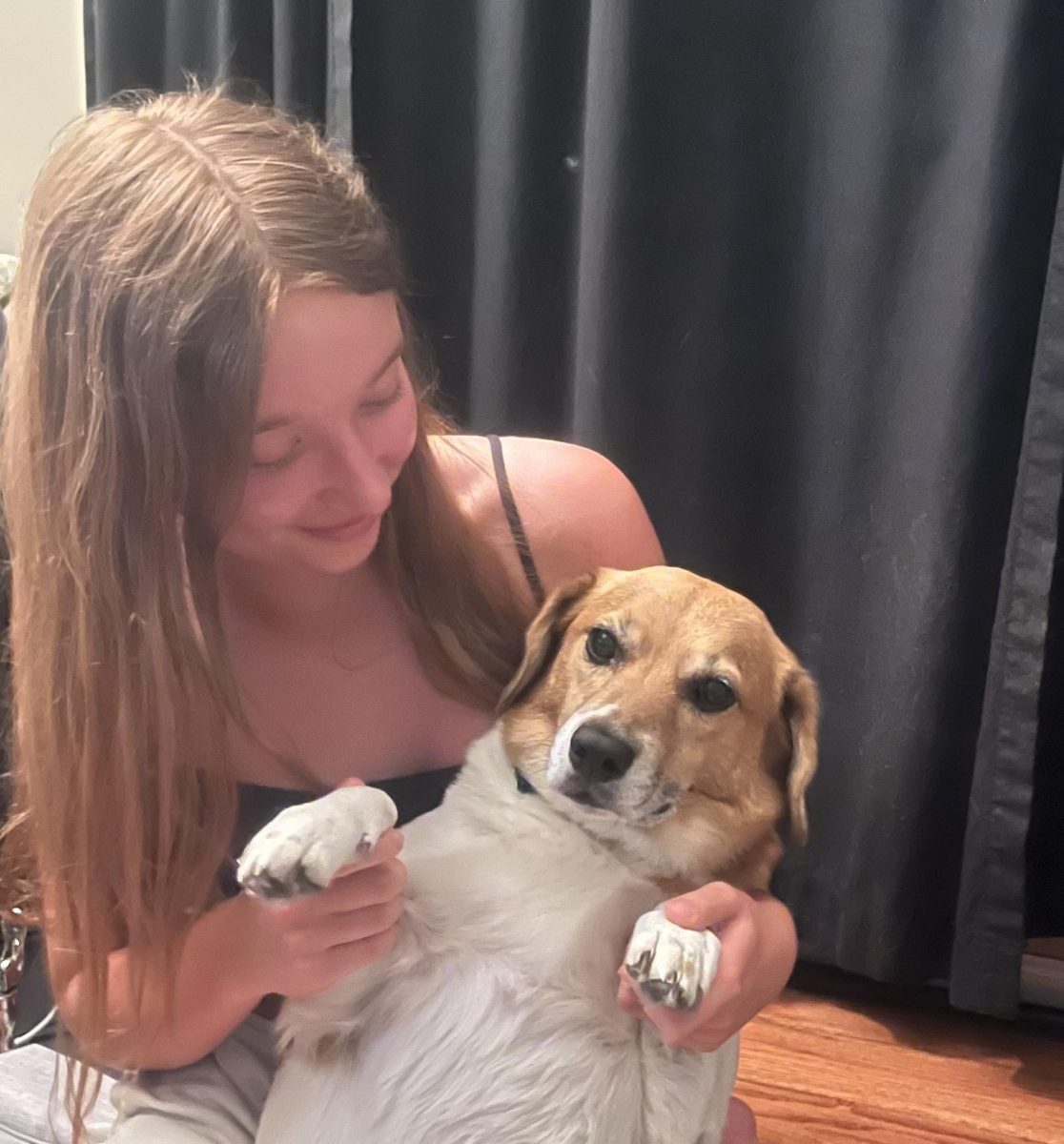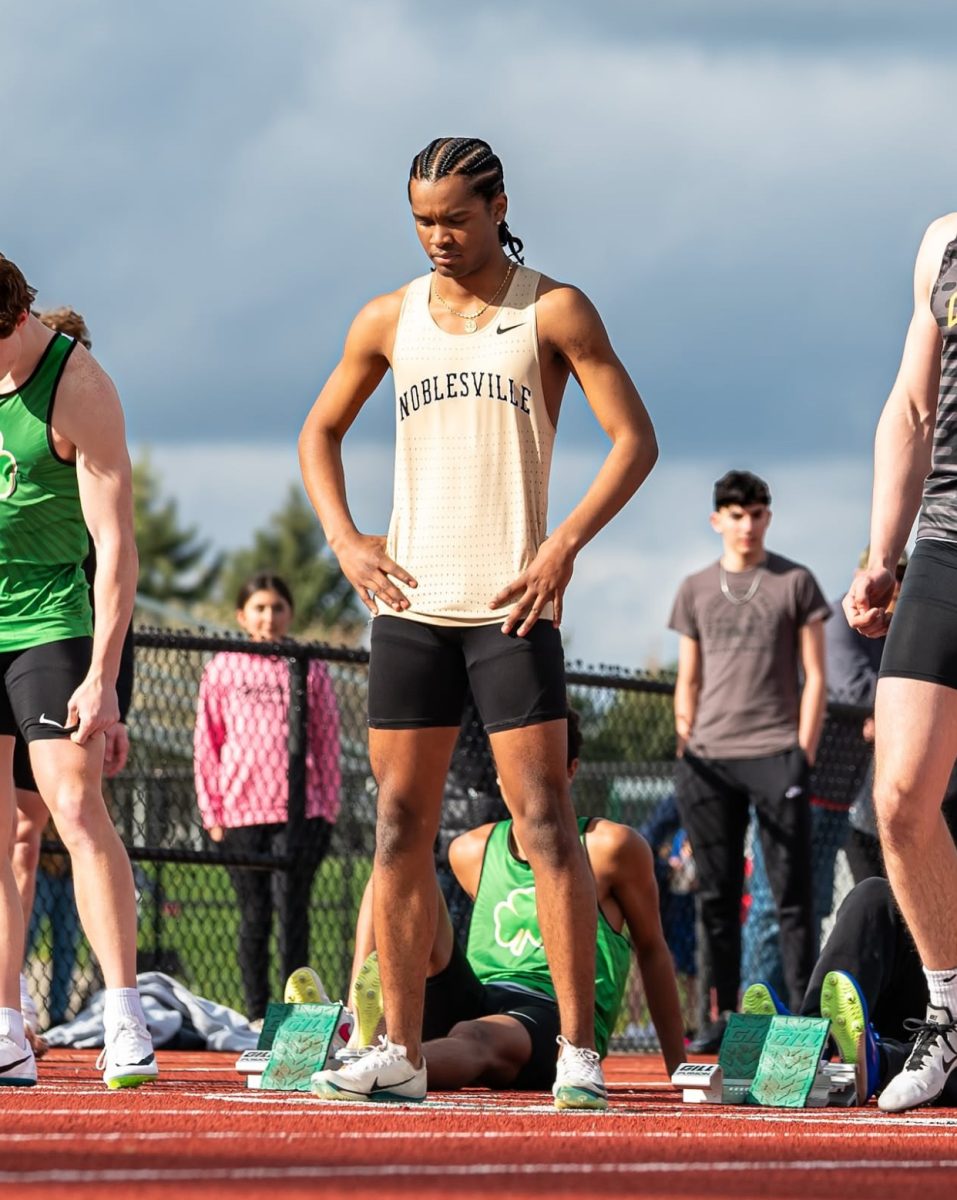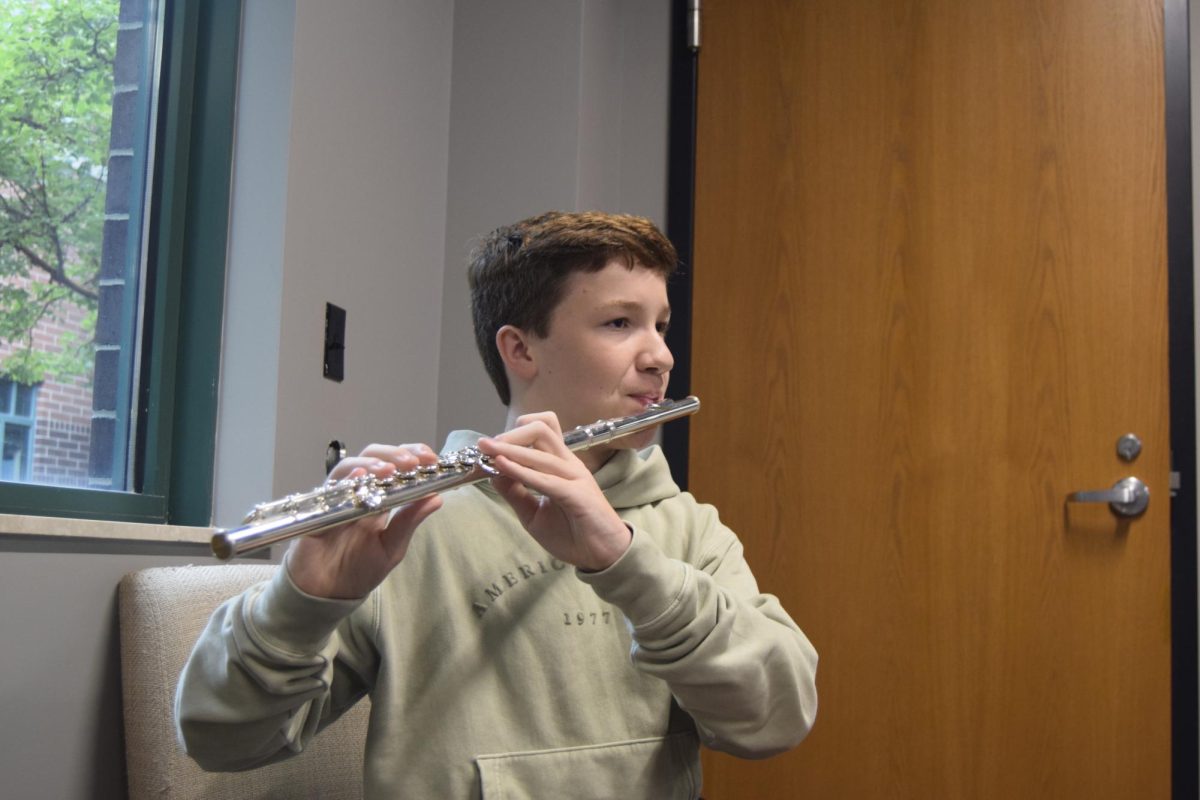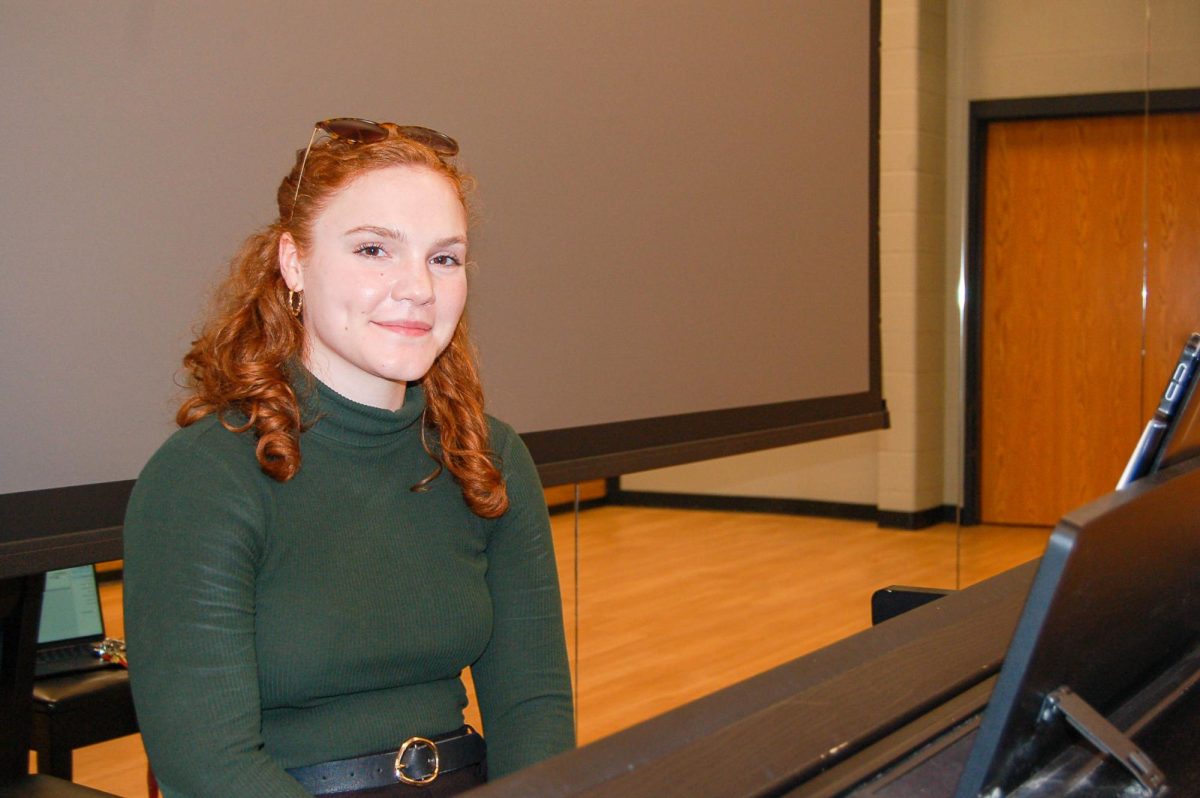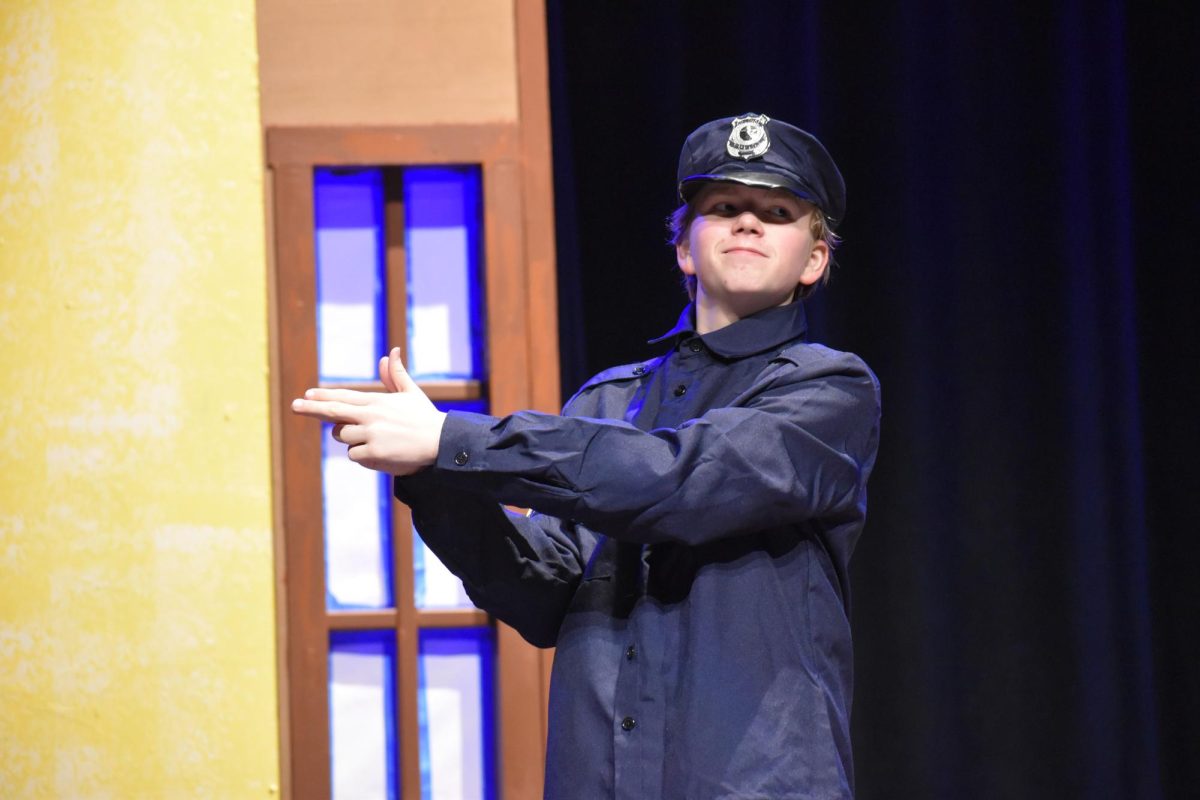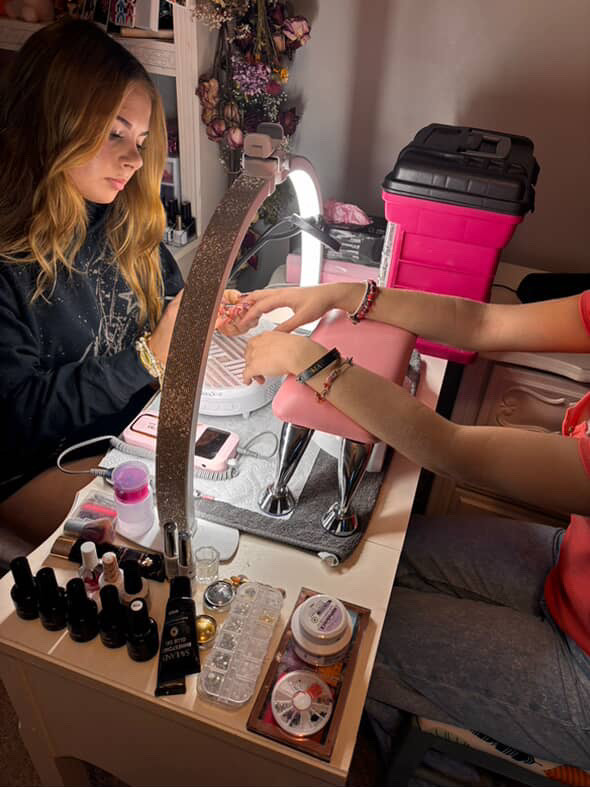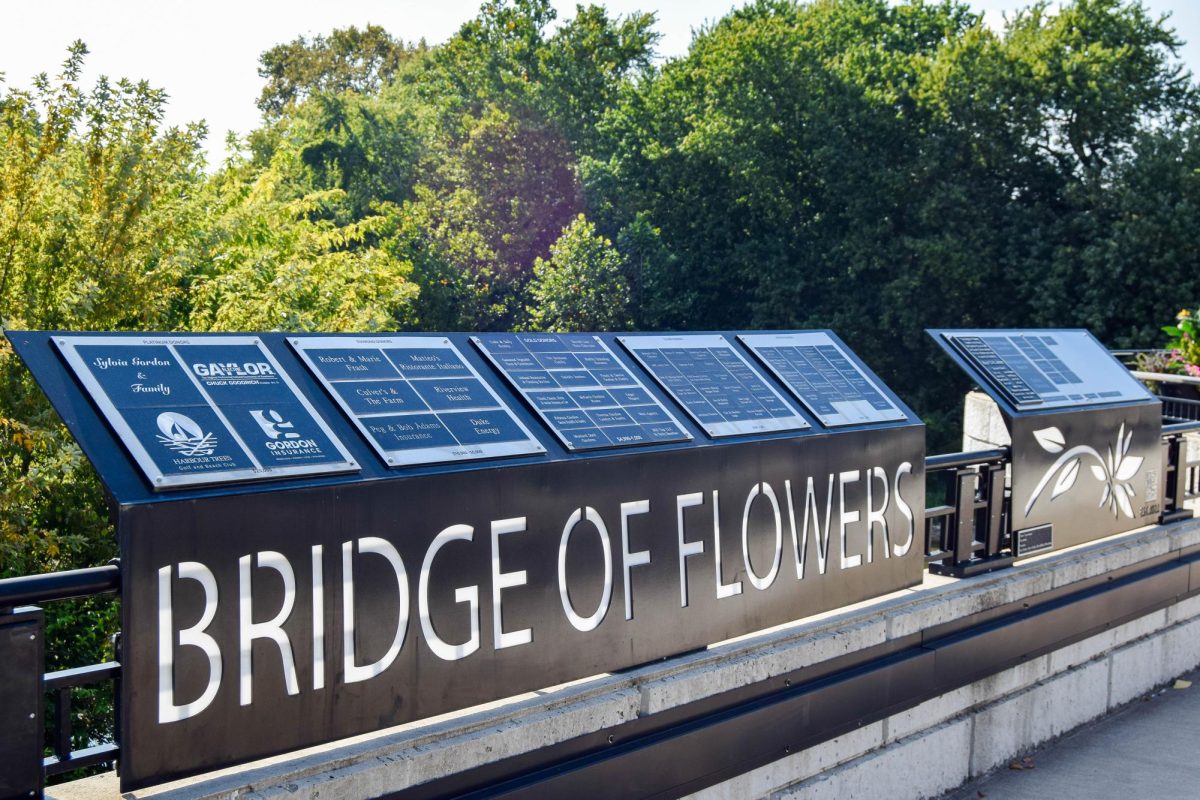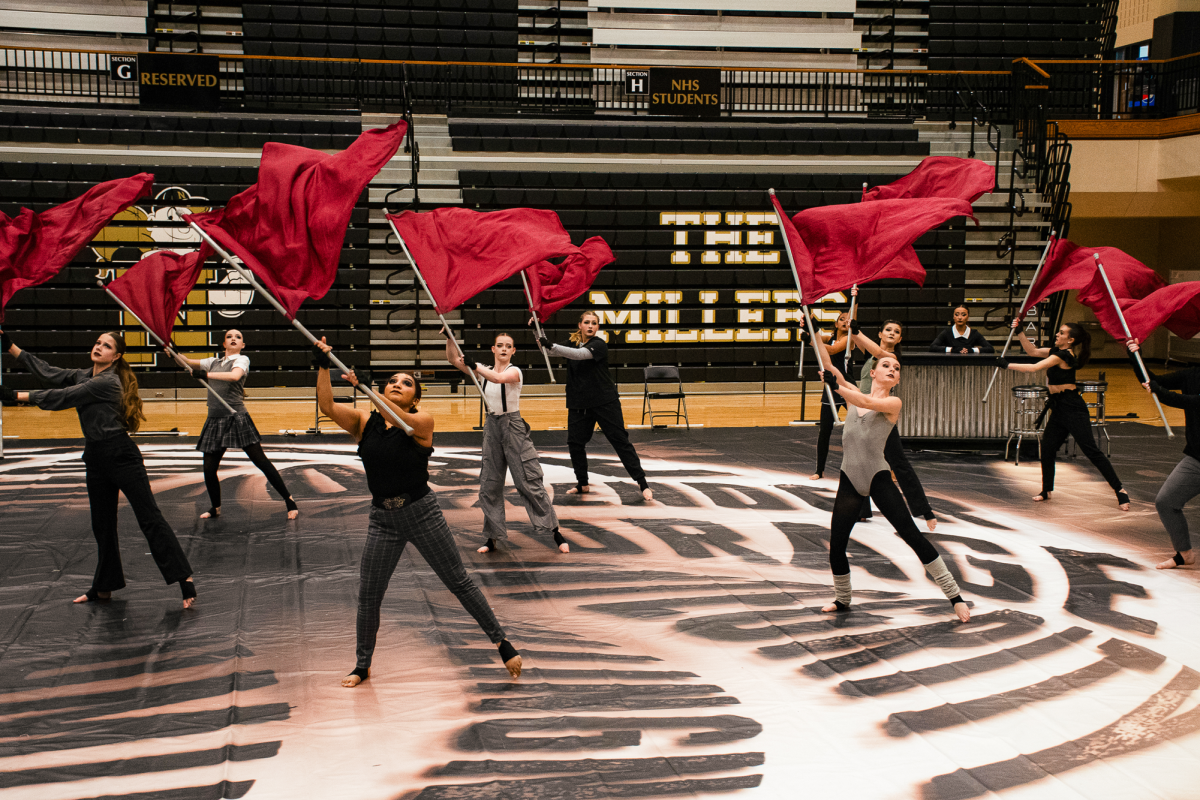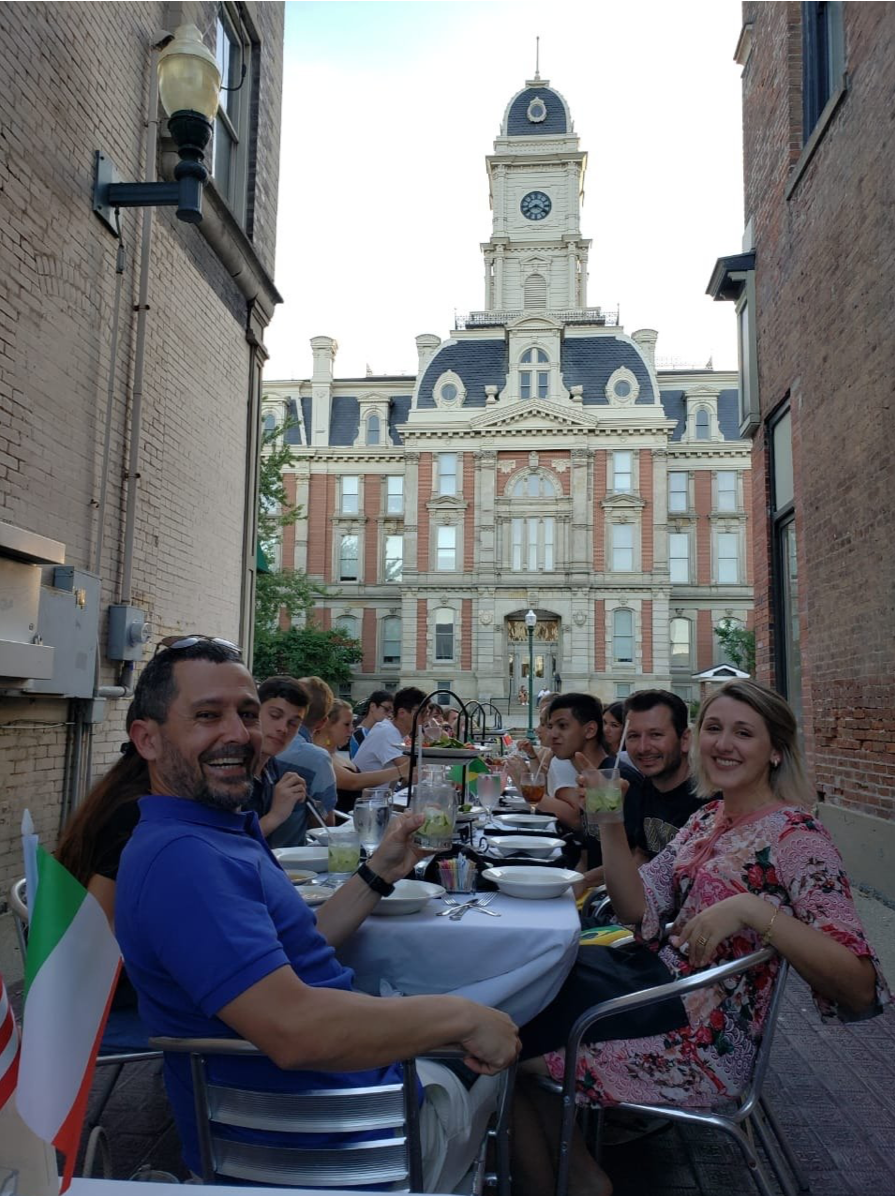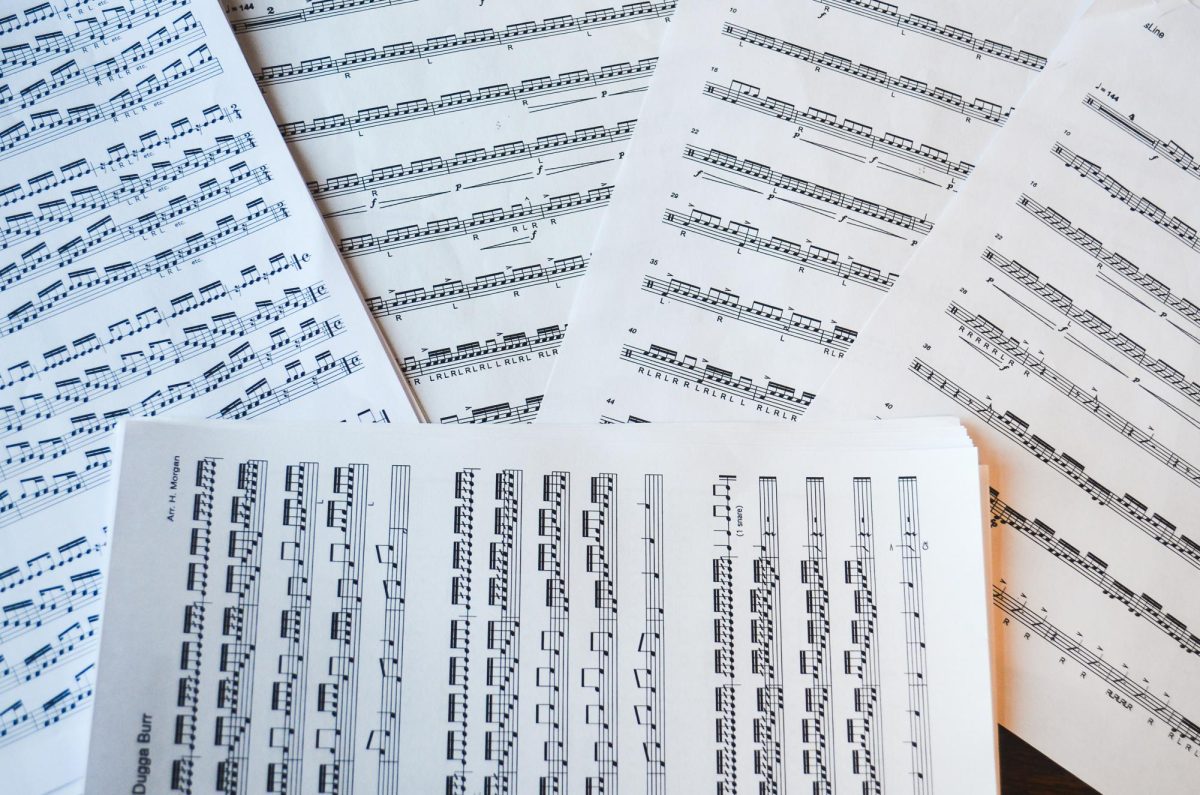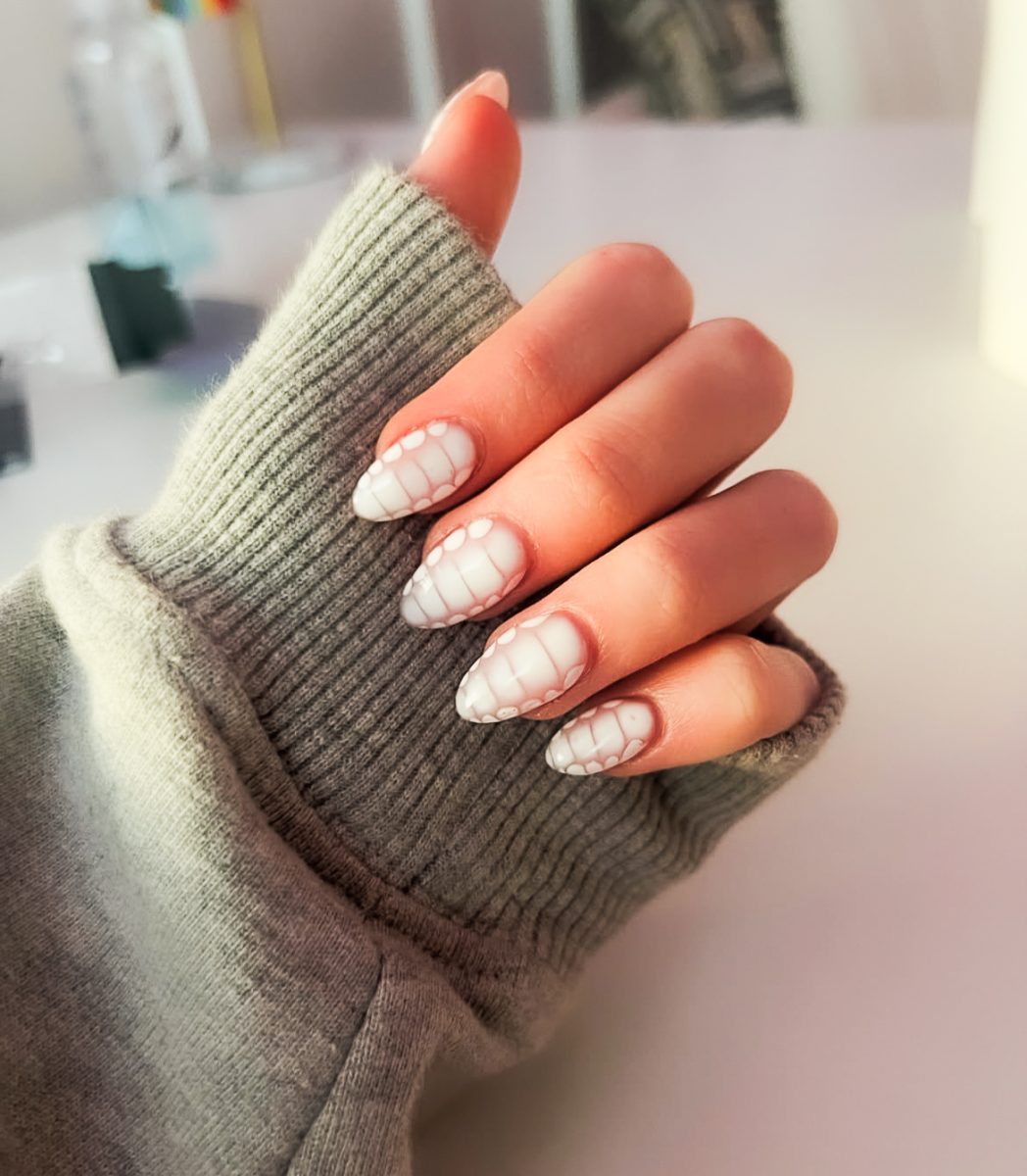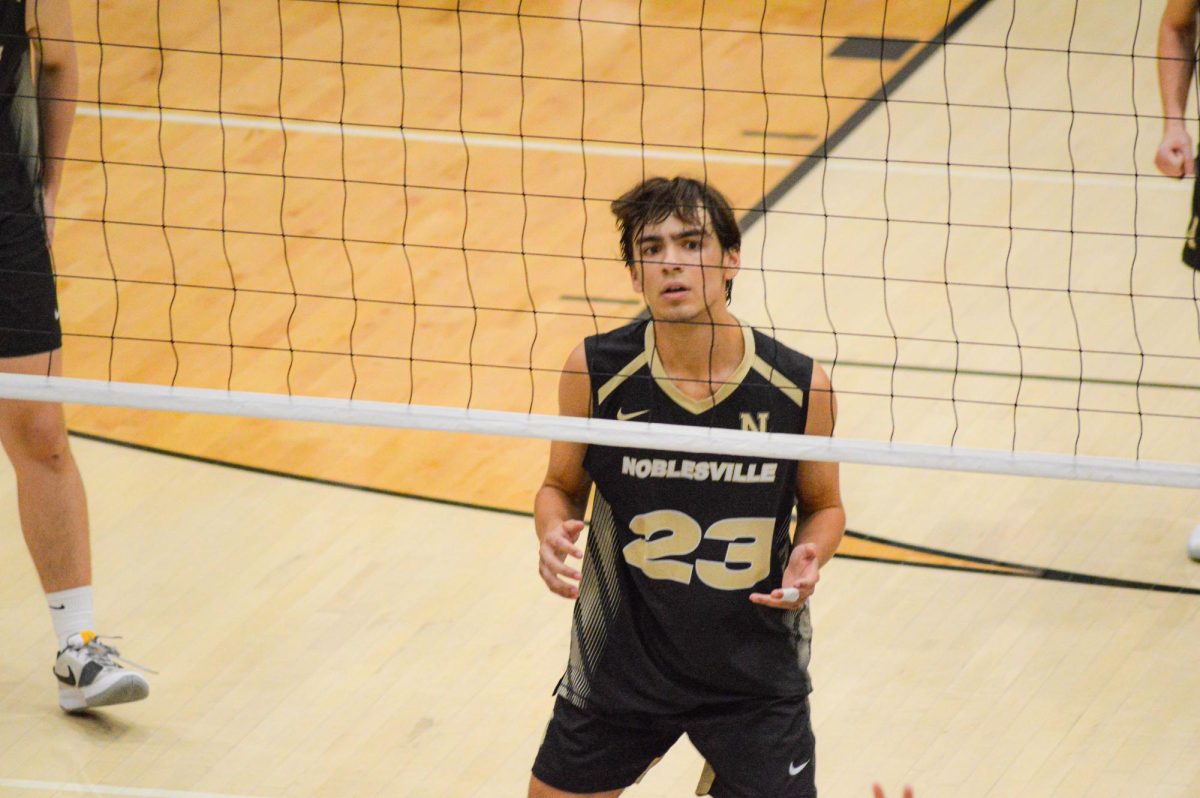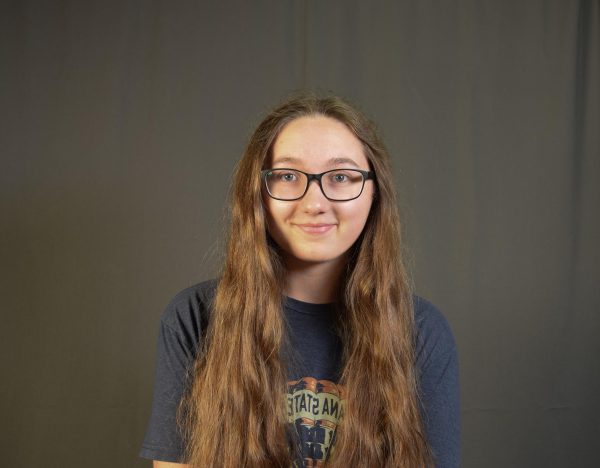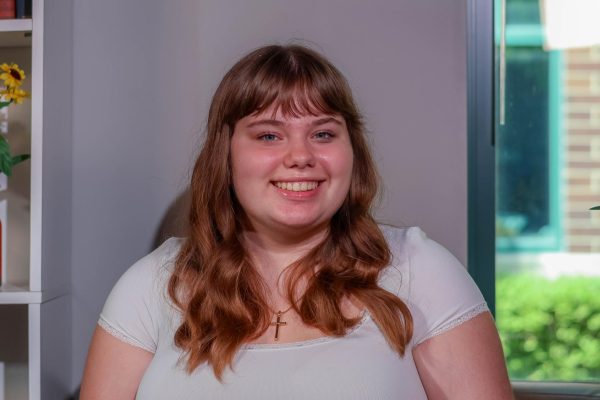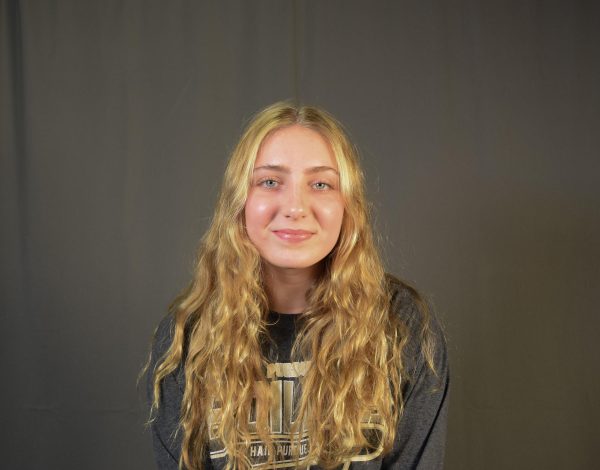High school relationships are the supposed “teenage dream.” Popular media is overrun with the “teenage dream” of stereotypical couples clichés: the head cheerleader and the quarterback, the athlete and the nerd, the popular kid and the quiet student. However, the hunt for a potential suitor brings about one unexpected, but all too common notion: there’s a red flag around every corner. Adolescence is a time of discovery, and dating is a large part of that. Many high schoolers are experiencing their first relationship, while others are still navigating who they like, what they like, and everything they don’t like. Yet studies on dating violence show that an overwhelming 76% of teenagers have experienced toxic or abusive relationships. For such a large number, domestic issues involving youth go largely unseen.
SEEING THE SIGNS
Every relationship has a story—a beginning, a middle, and for many high school relationships, an end. But the issues and events that lead to that end, are specific to each relationship.
Often for many teens, the idea of being able to fix a partner’s bad behavior keeps a person tethered to a relationship. Frequently, teens think that they can flip their partner’s personality around or that they can save them. The opposite result should be considered as well. Junior Annabeth has seen the flip side of dependence. She realized how deeply her emotions were contingent on her partner’s.
“My feelings throughout the relationship were up and down constantly, and it always was dependent on my partner’s actions and feelings towards me,” Annabeth said.
Relationships involve two people, as sophomore Jane realized that relationships are a team effort, it became clear to them that a pair must work together to create a healthy environment where the expectations are not unrealistic.
“I wish I had known what a relationship really meant before I got into one,” a student who goes by Jane said. “I wasn’t emotionally prepared or equipped to deal with the strong emotions and tough decisions regarding people you love.”
Jane shares that despite the fact that both people in the relationship might care for each other, relationships can also include negative aspects. NHS social worker Jennifer Thompson helps students overcome bad relationships. As she works with these students, she has noticed signs that –when added up– may indicate a toxic relationship.
“Withdrawing from friends, withdrawing from activities, a change in mood, maybe they are seeing their grades drop are all signs that something is going on,” Thompson said. “And if they’re in a relationship, that may be it.”
In some relationships, the distinct personalities of the two people can blur, and each person’s identity can get lost in an attempt to make the relationship work. Thompson notes that a common issue occurs when one person’s identity completely shifts and molds to fit the expectations and standards of their partner. Senior Taylor says she experienced this dynamic in a past relationship.
“I was a completely different person. I wasn’t social anymore, I had confined myself to my own space,” Taylor said. “It was almost easier for me to be alone with the person in that relationship than to make friends because I would get judged for it.”
While change is natural, Taylor believes that if it becomes difficult to recognize yourself in a relationship, it may be time to rethink how good that relationship really is. Taylor explains that during the relationship, she stopped prioritizing herself, and doing the things she loved.
“I was trying to look for their love and affection,” Taylor said, “not my own.”
HOPE FOR HEALING
Many toxic relationships can’t get better – they just need to come to an end. Even though getting out of an unhealthy or harmful relationship can be for the best, Thompson explains that it still isn’t easy, and having someone in your corner to support you through your loss can help.
“Sometimes that’s hard,” Thompson said, “so making sure they have the support after to remind them it’s okay to move on.”
The healing process after a relationship has ended can prove to be challenging, both in unhealthy and healthy relationships. Taylor recommends staying social and realigning your priorities.
“Focus on school, but also your social life and keeping in touch with friends that you have always talked to,” Taylor said.
Having the support of friends can be an integral part of healing after the end of a relationship, but teens may not always be able to help in the ways that are most needed. In these cases, Thompson says it’s time to get an adult involved.
“Reach out to a trusted adult … so they can get the support and resources they need,” Thompson said. “A lot of times when they go to their friends they blow it off, or may not see it as important. So finding a trusted adult they can go to or talk to [is necessary].”
More than one type of support can be necessary in the wake of an unhealthy relationship. Taylor explains that this support can come from many different people, but it should always be from people with your best interest at heart.
“I wish, if anything, that I could go back in time and relive the years that I missed in high school because your friends and your family are the people who are going to be there for you at the end of the day,” Taylor said. “Sometimes it’s not always the people in the relationship.”
Although the idea of being alone can be daunting, the independence of being single offers many self-improving opportunities. Taylor recommends meditation and yoga as a relaxing form of self-care.
“I took time to pull myself together,” Taylor said, “it’s okay to heal on your own.”
WORDS OF WISDOM
The rush of emotions at the beginning of a relationship often overwhelms the thinking of both partners, however for many young people, this rush doesn’t last long. Taylor says the beginning of her relationship was new and exciting. Unfortunately, as time progressed she noticed traits that eventually ended up being harmful.
“It’s when they start to talk down to you or in a nonchalant way. It starts small, but it gets bigger throughout, and builds until they realize they can get away with that,” Taylor said.
Toxic and harmful relationships can begin to drain life out of the victim. After being pressured for so long, people might turn to other outlets to heal. For Taylor, it was shopping. Taylor says she resorted to “retail therapy” to cope. She says while it is important to do things you enjoy, it is also necessary to address your emotions.
”You can only buy so much before you realize that’s not the real problem,” Taylor said.
Opening up can be difficult, but talking about the situation may help to identify the issues in a relationship. Guidance counselor Cosette Fehribach urges teens who are experiencing bad relationships to share their emotions, which can lead them to the help that they need.
“Even just coming to the counselor’s office and telling us how you’re feeling is a big step, and then we can connect you with the different resources,” Fehribach said.
Although teens might feel hopeless when they are stuck in toxic relationships, Taylor was able to find peace once it had ended. She offered advice to those going through similar situations.
“No matter what someone else tries to tell you about yourself, you should always stay true to who you are,” Taylor said, “Your life while you have it needs to be cherished.”
Teenagers who have been victims of toxic relationships understand that it is natural to crave affection and someone to spend your time with. Therefore, they think that the idea of being alone can be very frightening. Taylor believes that teenagers often forget how young they truly are. So teenagers don’t realize how much of their life they still have ahead, and how many people there are still left to love. Annabeth knows the future holds brighter things.
“There will always be someone out there,” Annabeth said, “who will treat you better,”



